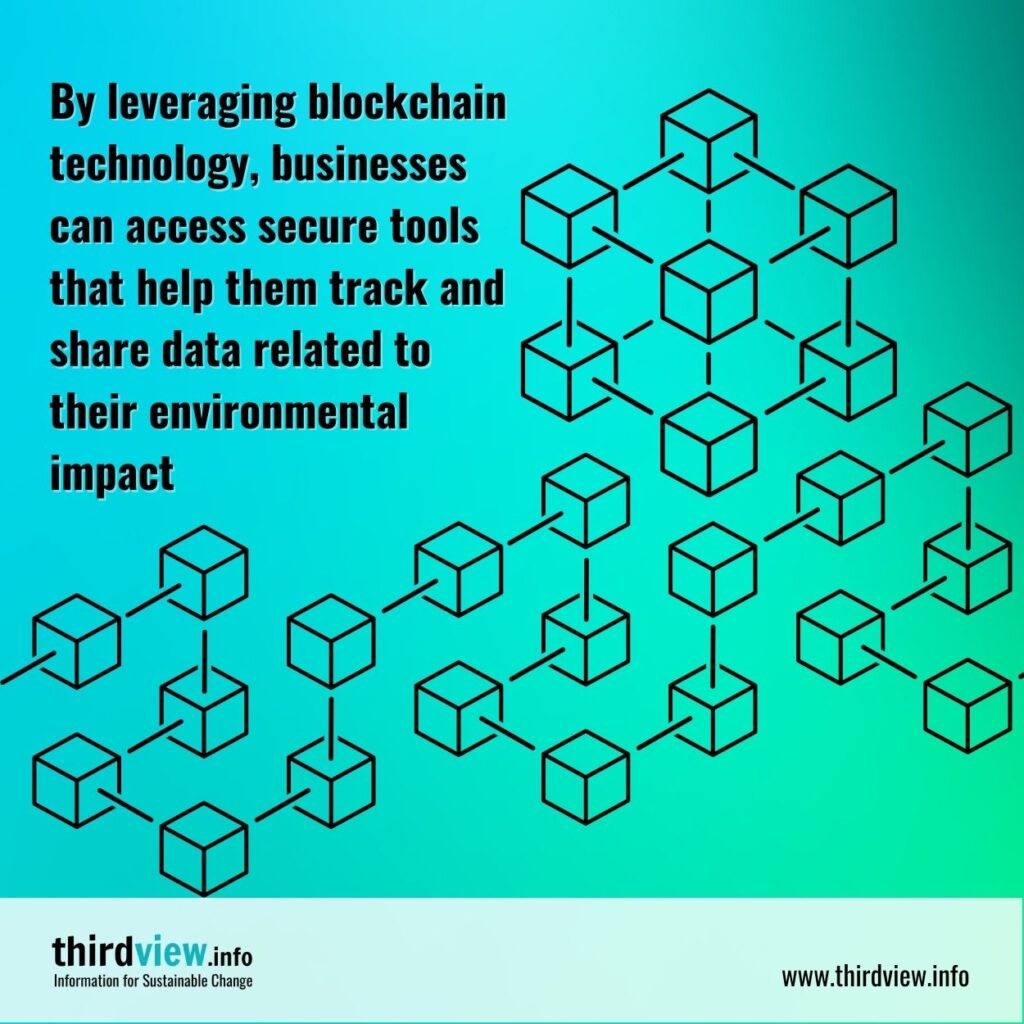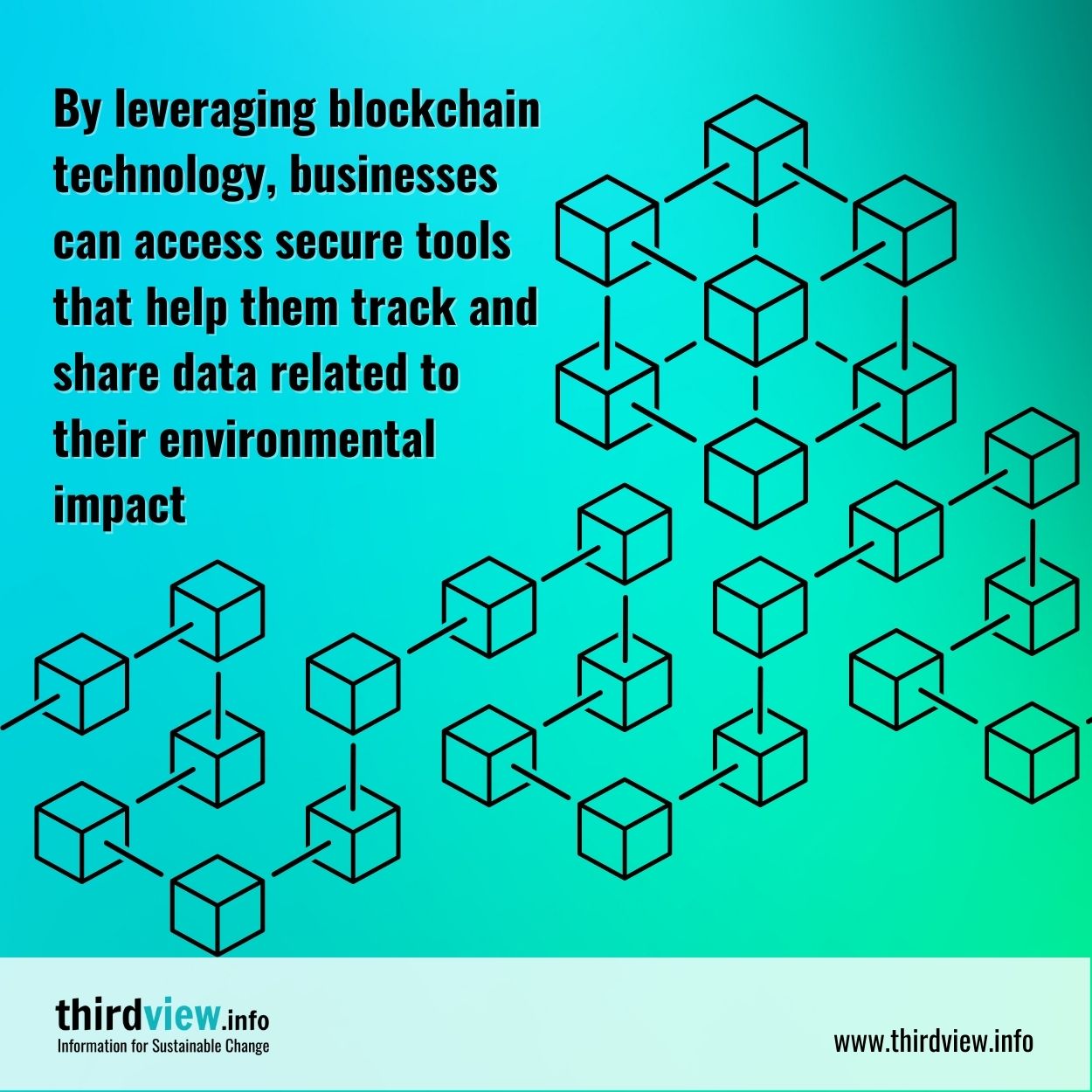Blockchain technology has been the talk of the world in recent years, with its potential to revolutionize data sharing and security. But did you know that blockchain technology can also be used to accelerate sustainability? By leveraging this technology, businesses can securely collect, store, and reconcile emissions data across multiple scopes. Let’s explore how blockchain-based solutions are improving sustainability practices around the globe.
How Blockchain Improves Sustainability Practices
One of the most powerful aspects of blockchain is its ability to securely reconcile data across multiple sources. This means that businesses can build a secure network of trusted partners and work together to track their emissions data. For example, if a business has suppliers in many different countries, it can easily access its shared emissions data without having to manually transfer information back and forth between each partner. This helps reduce paper waste while also providing businesses with more accurate insights into their environmental impact.
Another way that blockchain is accelerating sustainability is by allowing businesses to trace the origin of their products or materials back to sustainable sources. This helps business leaders make informed decisions about where they source materials from, ensuring that all resources are coming from environmentally responsible sources. With blockchain-based systems, businesses can also easily monitor their supply chain for any potential issues related to sustainability or ethical standards.
Finally, blockchain technology allows companies to quickly share insights with consumers about how their products were produced or sourced through a secure online database. Consumers can then use this information when making purchasing decisions and quickly identify which brands are operating sustainably versus those that are not living up to high standards for sustainability practices.
As we continue into an increasingly digital world, it is becoming more important than ever for businesses to have access to secure tools that help them track and share data related to their environmental impact. By using blockchain-based solutions, companies can leverage advanced technology like distributed ledgers and smart contracts in order to create a secure network of trusted partners who can collectively work together towards improving sustainability practices around the globe. Through this technology, companies will be able to better understand the true impact of their operations on the environment while also empowering consumers with more transparency into how the brand’s products are sourced and made. The future looks bright when it comes to harnessing technology like blockchain for the greater good.


